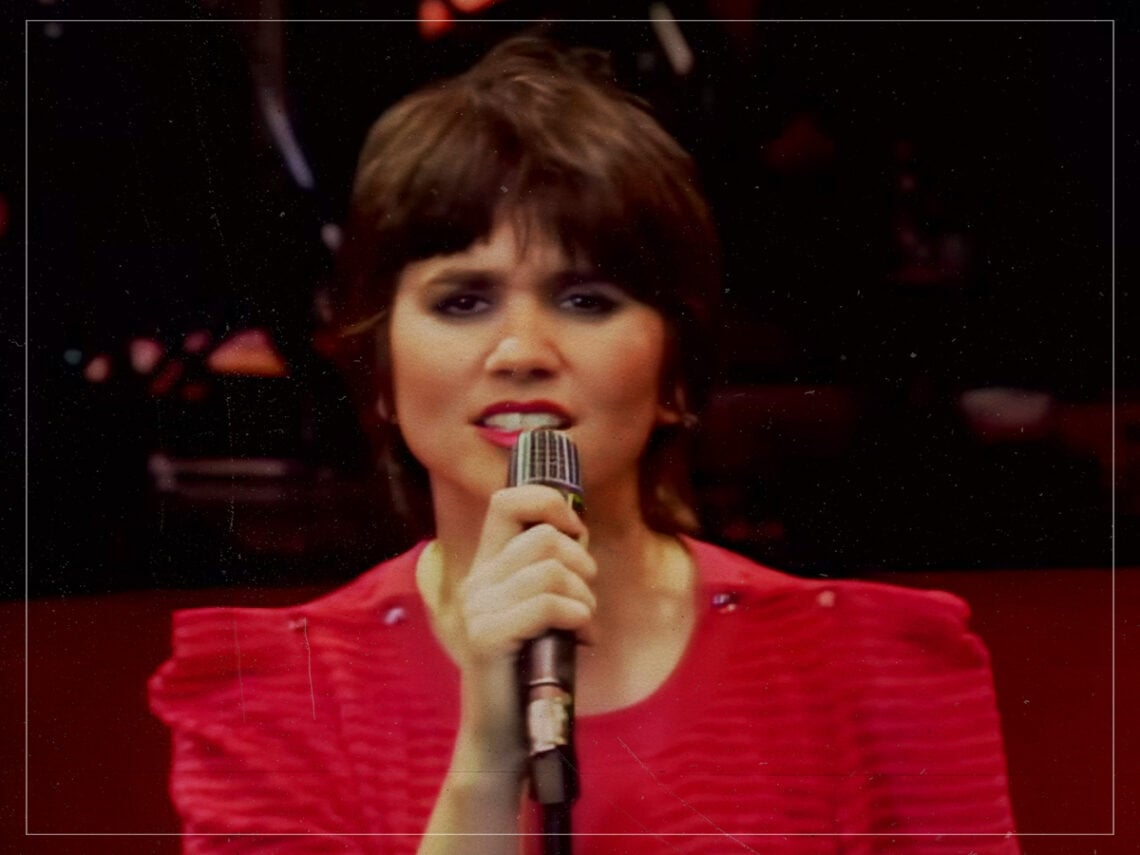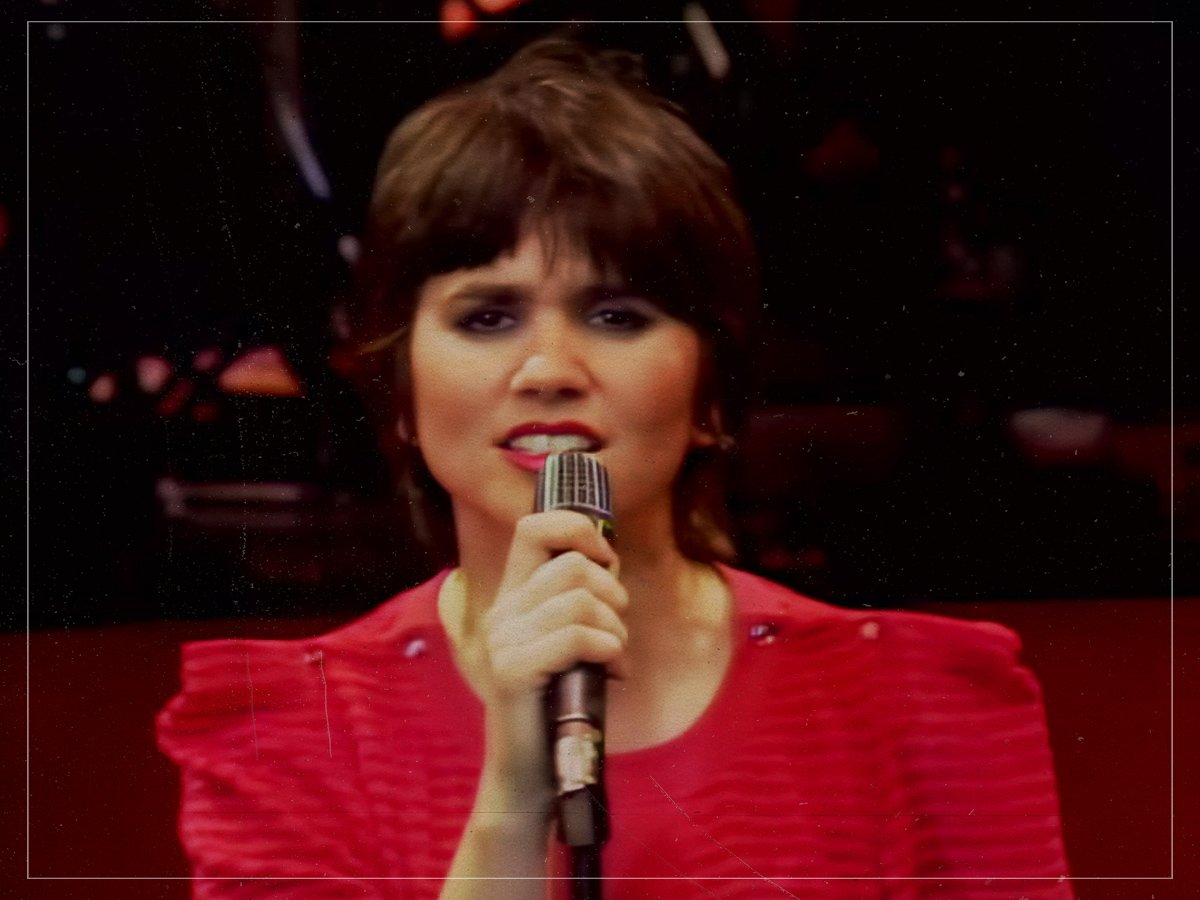
(Credits: Far Out / YouTube Still)
Sat 13 September 2025 21:00, UK
It’s no secret that Linda Ronstadt had a hand in forming and shaping the Eagles. But what’s lesser known is that their crossing paths was almost fated to begin with.
Anybody venturing across states to become a part of the LA music scene had their work cut out for them. Many of them came from places and families that didn’t necessarily believe a future with their name in neon lights was even possible. For Ronstadt, music had already formed a massive part of her story. But moving from Tucson wasn’t just about figuring out how she could make it. In a sense, it wasn’t about that at all. It was to pursue her dreams.
“There were a lot of guitar players around LA and I met them all at the Troubadour bar,” Ronstadt later recalled. “We used to sing in the corner of the bar a lot. Douglas Dillard would be there, and Rodney Dillard. We’d do a lot of bluegrass songs, and toward the end of the evening, we’d sing a lot of white spirituals. The drunker everybody was, the nicer it sounded.”
Her recollections of the scene always seem to centre around the atmosphere and how people felt at the time. Only occasionally does she talk about how it was history in the making, particularly with her at the forefront of it. But that’s because she never saw herself that way. She wasn’t just a pawn, but in her eyes, she wasn’t a trailblazer either, except for the fact that, by definition, she truly was.
And not just because of her talent. She also benched her ego, meeting names like Don Henley and Glenn Frey and knowing they had something that would change music. But also knowing that they needed to make ends meet, and a temporary life on the road alongside Ronstadt was the natural stepping stone to getting them to where they needed to be. This understanding and history is also what made her rendition of their ‘Desperado’ in 1975 so emotionally resonant.
Written about existing as an outsider, or, as Henley put it, that “like the outlaws, rock and roll bands lived outside the ‘laws of normality’, we were not part of ‘conventional society’,” ‘Desperado’ captured the feeling many like Henley and Ronstadt felt in that everything they went for, they worked hard to get it. It didn’t anchor anarchy in the traditional way, but rather caught it with a sense of meritocracy, even if what they did wasn’t always the best thing to do.
But when Ronstadt sang it in ‘75, she gave it a deeper, more goddamn sentimentality that felt like both a reflection and a farewell of a certain moment in history. And this also reflects in the lyrics, Ronstadt’s smooth vocal giving it that wistful flair: “Why don’t you come to your senses? / You’ve been out ridin’ fences for so long now / Oh, you’re a hard one / I know that you got your reasons.”
Perhaps more importantly, though, was how much the song epitomised those early moments with Ronstadt and the members of the Eagles. She recorded the piece a couple of years earlier for her record, Don’t Cry Now, just a few months after they released their second album. A couple of years before that, Henley and Frey had toured with Ronstadt and worked on her album with two people they’d later include in the Eagles: Randy Meisner and Bernie Leadon.
And her version of ‘Desperado’ also drew in new audiences, so much so that Henley credited it with being the reason it was so popular. “I was extremely flattered that Linda recorded ‘Desperado’,” he said. “It was really her that popularised the song. Her version was very poignant and beautiful.”
Related Topics
